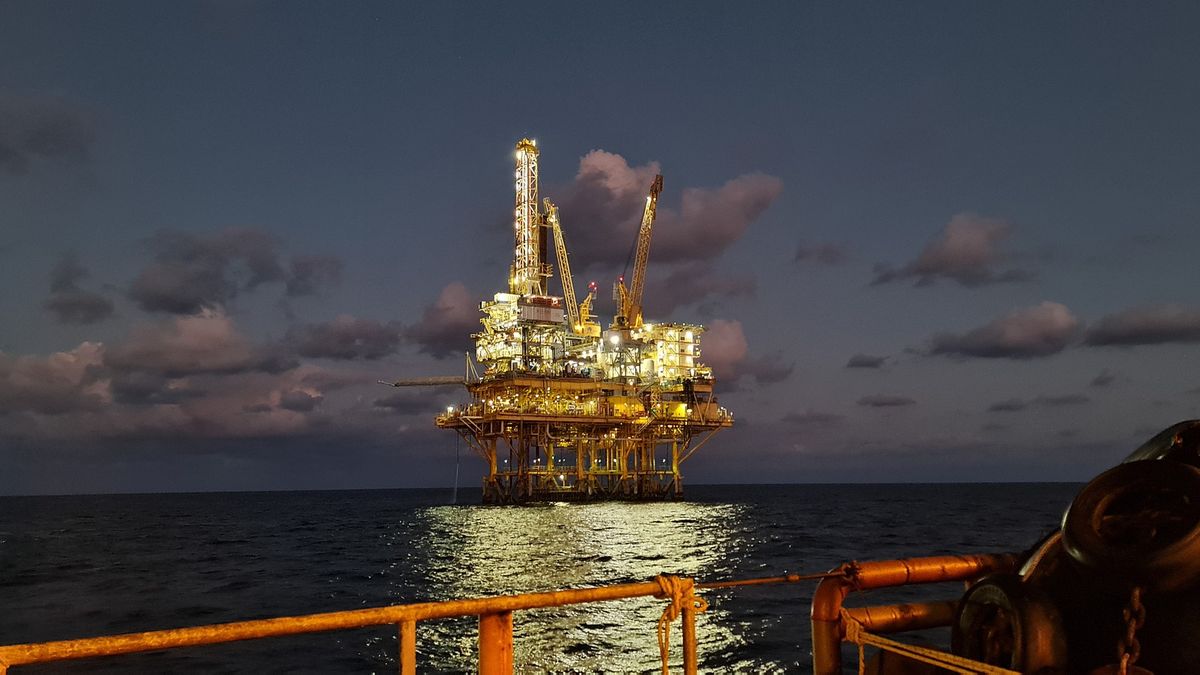The members of the International Energy Agency (IEA), including the United States and Japan, agreed to release 60 million barrels of their reserves to try to quell the sharp rise in prices.
However, the news of that release – equivalent to less than a day of global oil consumption – only underlined the market fear that the supply will be insufficient to cover the growing disturbances in the oil market.
The sanctions imposed by the United States on Russia have not specifically focused on the energy sector, but many companies and investors are fleeing the Russian crude tradewhich caused large discounts in that oil and reduced the supply of other types of this hydrocarbon.
Russia exports between 4 and 5 million barrels per day (bpd) of crude oil and between 2 and 3 million bpd of refined products. Its buyers face difficulties in payments and in the availability of ships due to sanctions.
BP canceled fuel oil shipments from a Russian Black Sea port. In the same vein, Shell announced plans to exit Russian operations and joint ventures.
Russia’s economic isolation worsened when the world’s largest shipping company, Maersk, said on Tuesday it would halt container shipments to and from the country led by Vladimir Putin.
“The fragile situation in Ukraine and the financial and energy sanctions against Russia will sustain an acute crisis and oil will be well above $100 a barrel in the short term, or even higher if the conflict escalates,” said Louise Dickson, senior oil market analyst at Rystad, in a note sent to clients.
Source: Ambito
David William is a talented author who has made a name for himself in the world of writing. He is a professional author who writes on a wide range of topics, from general interest to opinion news. David is currently working as a writer at 24 hours worlds where he brings his unique perspective and in-depth research to his articles, making them both informative and engaging.




